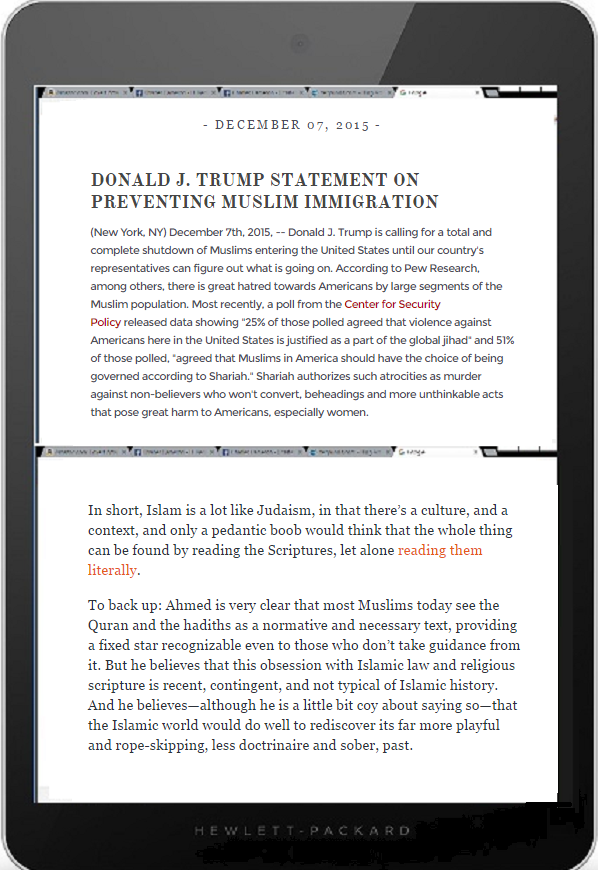Rwanda cognition – and a *key* question
Sunday, March 19th, 2017[ by Charles Cameron –the key question arises from the final quote ]
.
[source page unavailable ]
**
Mark Gilchrist, the Australian serving officer who brought us Why Thucydides Still Matters, has a new post — the first of three — up at Strategy Bridge in which he explores The Twilight Between Knowing and Not Knowing — an appropriately liminal title — specifically, the difficulties involved in recognizing genocide. It’s a fascinating if harrowing article, and I’m going to cherry-pick some quotes for your attention..
**
the world’s diplomats were accustomed to dealing with wars – they were not, and did not try to become, accustomed to the requirements of dealing with genocide.
So, between politics and (its continuation) war, at least ne liminal condiciton: genocide.
You’ve got to sow the seeds of hysteria in the population, and that takes time…
How far back can we date the current wave of hysteria in the population — from a liberal and from a conservative perspective, or other?
Dallaire deployed without knowledge of the history and culture of Rwanda or relevant intelligence about the stakeholders, agendas or general situation on the ground. This inhibited his ability to understand the massacres that occurred
Ooh, anthropology, and — dare we say it — (dark) religion.
it failed to recognise the importance of the rise in anti-Tutsi rhetoric in the Rwandan media, which was instrumental in furthering the extremists’ genocidal aims through the psychological preparation of the Hutu population.
Are we monitoring the rise of anti-x rhetoric (foreign and domestic)? How’s it going?
**
Here’s the stunning cognitive takeaway!!
The scale of the barbarity was almost incomprehensible to Western observers – UNAMIR troops included – which resulted in eyewitnesses often finding themselves in denial about what was unfolding around them. The troops made themselves believe that high-pitched screams were gusts of wind, that the rabid packs of dogs were feeding on animal remains and not human carcasses, that the smells enveloping them emanated from spoiled food and not decomposing bodies. Barnett argues that this fantasy is reminiscent of Primo Levi’s observation about the Holocaust that ‘things whose existence is not morally comprehensible cannot exist.’ This is particularly so for Western troops who are trained to think and act within the bounds of a moral and ethical behavioural framework that can obscure their ability to recognise the evil that others may be capable of.
Blindness, denial. The grand question raised by this article and by the Rwandan experience goes way beyon Rwanda to our cognitive incapacities and their potentially disastrous repercussions in general.
No worries, ma — it’s only a gust of wind.






